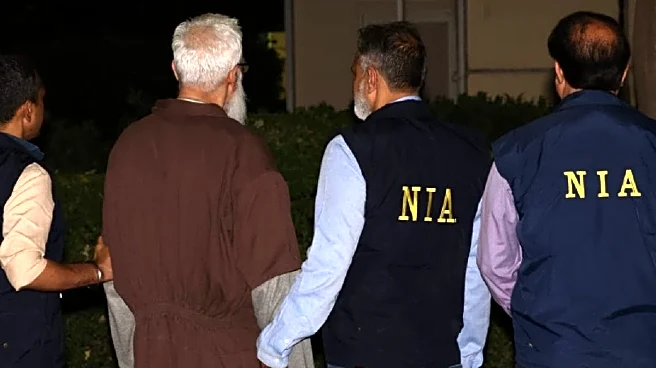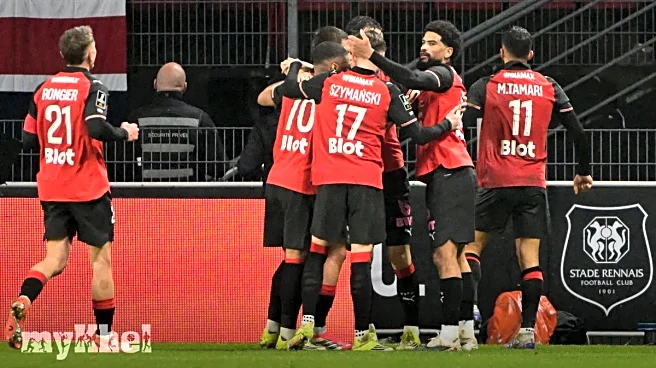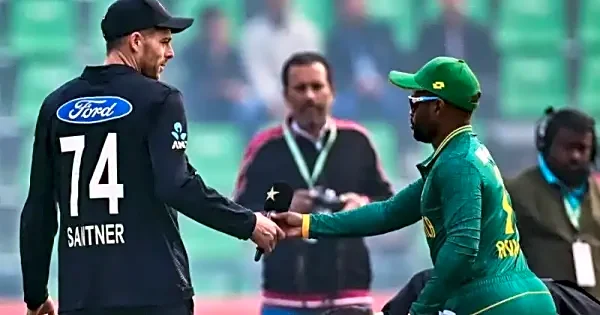In a recent meeting at the Intelligence Bureau headquarters, union home minister Amit Shah asked central security agencies to move faster on extradition cases. He directed that standard operating procedures
be drawn up, dedicated teams of investigators and lawyers formed, and dossiers prepared within a month to ensure that Indians accused of terrorism, narcotics trafficking, arms smuggling, and financial crimes are brought back through coordinated legal and diplomatic channels. The urgency is rooted in results: over the last five years, India has managed to secure the return of 137 fugitives, almost double the number repatriated during the entire decade between 2010 and 2019.
While the data suggests that there has been a massive push to extradite big criminals who fled abroad after siphoning money from Indians, the government is also thinking of speeding up the matter diplomatically.
Sources said that since Covid, the government has shifted gears to get fugitives from abroad.
In 2022, the government, along with different agencies, planned meetings with officials from various other countries to seek the deportation of these fugitives.
The surge in numbers
Figures shared by the Central Bureau of Investigation show how sharply the pace has picked up. Since 2020, a total of 137 fugitives have been repatriated, with 23 arriving back in India this year alone. In contrast, only 74 were returned between 2010 and 2019.
Officials attribute this surge to a stronger diplomatic push, tighter coordination among agencies, and quicker submission of evidence to foreign courts. Shah’s insistence on “one-month dossiers” reflects the government’s determination to turn this uptick into a sustained policy shift.
What recent cases reveal
Several headline extraditions over the past year illustrate the mix of persistence, diplomacy, and legal effort required. Nehal Modi, brother of fugitive jeweller Nirav Modi, was detained in the United States in 2025 after Indian agencies pressed their case in the PNB fraud investigation. His detention shows the importance of close cooperation with US prosecutors in financial crime cases.
In another long-awaited development, Monika Kapoor was finally extradited from the US after nearly two decades of litigation in an import-duty fraud case, demonstrating that persistence can yield results even in protracted battles.
Earlier this year, Tahawwur Rana, linked to the 2008 Mumbai terror attacks, was sent back from the US after years of legal wrangling, underscoring India’s ability to pursue not only economic offenders but also terror suspects. Together, these cases show that while each class of fugitive demands a different legal toolkit, the common factor is sustained, multi-pronged pressure.
How the process has changed
A major institutional shift has been the launch of the Bharatpol portal in January 2025. Developed by the CBI, it provides a single national gateway to Interpol systems, allowing state and central agencies to file requests, track progress, and access international police databases in real time.
The portal has significantly reduced delays by centralising communication and preventing duplication of effort. When combined with Shah’s emphasis on dedicated teams and rapid dossier preparation, Bharatpol has become the backbone of India’s faster extradition process.
Clearing diplomatic and legal roadblocks
Extradition remains a legally complex process, as host-country courts examine evidence, custodial conditions, and questions of jurisdiction. To overcome these barriers, India has begun offering detailed assurances about prison conditions in sensitive cases, while also dispatching legal teams abroad to work with local prosecutors and ensure filings are complete.
This dual strategy—combining proactive diplomacy with airtight legal preparation—has helped India persuade courts in the United States, Canada, and Europe to rule in its favour.
The road ahead
With the system showing results, attention is now turning to some of the most high-profile names still abroad. Mehul Choksi is facing extradition proceedings in Belgium, with India supplying evidence and custodial assurances to keep the case moving. Nirav Modi’s extradition from the UK remains tied up in appeals but continues to be a priority.
Beyond financial crimes, the government has also signalled that major narcotics traffickers will be in the crosshairs as part of a broader anti-smuggling and anti-terror push.


/images/ppid_a911dc6a-image-177101752951095973.webp)




/images/ppid_a911dc6a-image-177101403147018469.webp)
/images/ppid_a911dc6a-image-177101053501199609.webp)
/images/ppid_59c68470-image-177101003680064644.webp)



